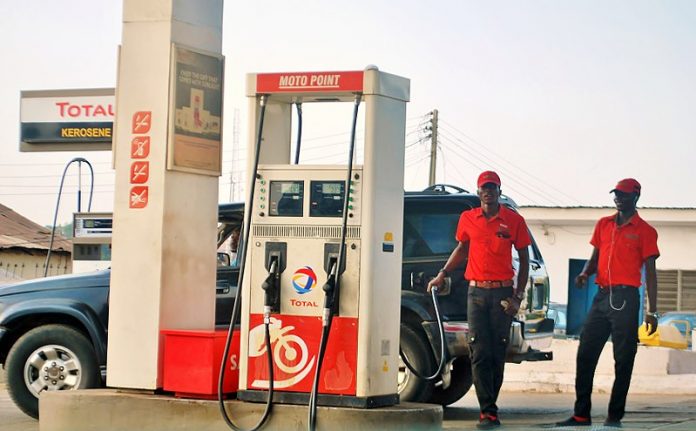Nigeria announces end to fuel subsidies. The announcement was made by the head of the NNPC, the national oil company.
Put under heavy pressure by the economic storm, Nigeria finally decreed an end of fuel subsidies. The measure was supposed to abolish a regime that promotes corruption and has long been awaited by the oil sector, which is skeptical following the Abuja announcements.
Good news for distributors. For years they have been demanding an end to these subsidies in order to let the market determine prices at the pump.
To achieve social peace, the government pays part of the cost of fuel, allowing gas stations to sell oil at prices far below market: 145 nairas (0.32 euro) a liter, half the price in neighboring countries like Benin.
But in the last three months, the new Coronavirus pandemic has caused world crude oil prices to fall and, at the same time, the revenues of Nigeria, which is expected to go into recession before the end of the year.
Despite this announcement and the publication of an official circular, however, the government continues to impose a range of selling prices that can be revised each month.
It is up to the distributors to comply, or else their service stations will close.
“We don’t really understand what the government is trying to do,” said Tunji Oyebanji, president of the Moman, Nigeria’s main association of distributors, who regretted not having been consulted. “Where are the market forces that determine the price in all this?
“We maintain that total deregulation and liberalization of the sector is the solution,” he told AFP.
Distributors are not the only ones to openly criticize this system of subsidy that has facilitated years of mass enrichment practices in Nigeria.
Former oil secretary Emmanuel Kachikwu denounced the policy, saying it cost the state $3.9 billion a year.
The World Bank and the International Monetary Fund (IMF) have also repeatedly criticized the evaporation of huge sums of money that could have been spent on decaying priority sectors such as health and education.
Source: Africanews































